Giving Green: Where To Give To Combat Climate Change Part 2 - Recommendations

In this blog post, the Giving Green team introduces its recommendations for the 2020 Giving Season. Our recommendations during this season focus on organizations seeking to shift US national climate policy, as well as recommendations for carbon offsets. If you haven’t already done so, be sure to check our first post in this series, where we introduce Giving Green and discuss our approach.
The following recommendations aren’t meant to be exhaustive, and just because one organization is not included on this list does not mean we won’t later recommend it. In fact, we hope to spend more time in the future doing more research and adding to this list. For now, our team is presenting the recommendations we have prepared for 2020, and we hope to significantly build upon this work going forward.
So without further ado, here are our recommendations for 2020:
Policy-change organizations
Below are our recommendations for those interested in supporting policy-change organizations.
Sunrise Movement Educational Fund
The Sunrise Movement Education Fund is the 501(c)(3) organizational branch of the Sunrise Movement, a US youth climate activist organization that works to generate political support for an ambitious set of policy goals that include significantly decarbonizing the US economy and investing in public works programs. To do this, the group targets individual politicians to build support for adopting more aggressive policy action to address climate change. At the same time, they have built a movement of youth who care about climate change and work to pressure political leaders to take significant climate action. We specifically recommend donations to their Education Fund, which is focused on building and training the Sunrise Movements’ network of activists. Besides donating, the Sunrise Movement Education Fund is always looking for volunteers to join their local hubs or start a new one. Take a look at our detailed recommendation for the Sunrise Movement Education Fund and deep dive into the Sunrise Movement.
Our team is impressed by the Sunrise Movement Education Fund’s track record to date. From humble beginnings just a few years ago, the movement’s leaders built a large-scale climate activist organization that has shaped the policy conversation around climate in the United States. They’ve been highly effective at growing their membership and at getting politicians and political candidates to support their policy positions. Working with the broader movement, Sunrise Movement Education Fund played a central role in building a strong coalition of politicians, activists, and researchers to coalesce around a policy framework generally known as “Standards, Investment, and Justice”. This framework has been adopted by the House Select Committee on Climate Change and is integrated into the incoming Biden administration’s climate plan. Working together with its affiliates, Sunrise Movement Education Fund has helped push forward climate policy discussions, putting them front and center during the 2020 elections.
Our research also revealed some potential risks that may affect the Sunrise Movement’s overall effectiveness. In the aftermath of the 2020 election, some, but not all, commentators have suggested that the “radical” policy positions espoused by the Sunrise Movement may have hurt the electoral prospects of politicians who supported them. In addition, the movement’s highly diffuse structure may be a liability, as different geographic units of the movement sometimes appear less coordinated than others.
While acknowledging these risks, we believe that the track record and potential of the Sunrise Movement Education Fund outweighs these challenges. The Sunrise Movement Education Fund is one of the most effective climate activist organizations we have reviewed.
Clean Air Task Force
The Clean Air Task Force (CATF) is a US-based organization that uses insider advocacy and research to push forward legislative and regulatory changes aimed at reducing greenhouse gas emissions. They advocate for policies that tend to be supported by center-right voices in the climate movement, such as promoting investment in carbon capture and storage, and technological innovation for clean energy. CATF works on a different theory of change than the Sunrise Movement, supporting more incremental policies that can garner bipartisan support. Their team is made up of climate and policy experts and their focus is on blending rigorous research with policy advocacy. Read our recommendation here.
Our team is impressed by CATF’s strong track record of successfully advocating for impactful policy. In addition, we noted that CATF tends to work on policy issues that receive relatively less attention from other organizations, giving them a unique niche. CATF has an established track record, including:
- Establishing pollution controls on the power sector under the Clean Air Act 1996–2006 and afterwards
- Catalyzing the national diesel clean-up campaign from 2003–12, which led to multiple pieces of related legislation at the local, state, and national levels
- Advocating successfully for multiple methane reduction regulations from 2009 to present.
Detailed research on CATF completed by Founders Pledge also establishes that CATF could productively make use of additional funds.
We have some reservations about CATF. In particular, we note that CATF has worked on controversial policies such as the 45Q tax credit for carbon capture, storage, and utilization which can lead to captured carbon being sold to fossil-fuel companies for use in increasing oil production. Supporters of these technological approaches to climate policy contend that such arrangements, which benefit fossil-fuel companies, help create markets for crucial technological innovation. Detractors claim that any climate-change policy that benefits fossil fuel companies, who lobby heavily against regulation, is unlikely to lead to systemic change. Despite these reservations, we believe CATF has a strong track record across multiple policy areas. CATF is one of the most effective advocates for technological innovation and emissions regulation at the federal level.
Should you donate to the Sunrise Movement Education Fund or CATF? There’s enough uncertainty about any policy progress that we don’t have the ability to rank one organization over the other. They work on very different theories of change, and we encourage donors to give to the one they find most compelling, or even better, hedge by donating to both.
Offsets
In addition to recommending policy-change organizations, we make recommendations for those looking to purchase offsets in the carbon market.
Although they are frequently marketed this way, we at Giving Green reject the notion that people or businesses should spend time calculating their “carbon footprint” and offset their emissions. The climate crisis is too big to restrict our philanthropic scope to our own emissions, and offsets are not reliable enough to wash away our sins. You can read more about how the offset market works and its flaws here. Overall, we think that philanthropists can likely have a larger impact by directing their donations to initiatives working for systemic change, like our US policy recommendations.
That being said, good carbon offsets can provide attractive donation opportunities to people looking for ways to reduce GHGs in the short term, with a high degree of certainty. And they are necessary for businesses who have made pledges of “carbon-neutrality.”
We recommend three carbon offset projects that we believe are among the most reliable in the market, rated according to our framework:
Climeworks
Climeworks directly captures carbon from the air and stores it deep in the ground. Climeworks turns carbon into rocks that you can actually see, and their offsets offer the highest level of certainty on the market. Also, purchasing their offsets supports frontier carbon capture technology. This type of technology will likely be an important part of the climate solution in the future, but needs to improve to be viable at scale. The downside is that at the moment, Climeworks’ offsets are very expensive per unit of avoided emissions.
Tradewater
Tradewater seeks out and destroys “super pollutants” that cause high amounts of warming in small quantities. These substances (such as refrigerants) are generally not produced anymore, but still exist in large stockpiles and are leaking into the atmosphere. We believe Tradewater’s offsets are of very high quality and provide good value for money.
Burn
Burn designs, manufactures, and distributes a line of improved cookstoves in East Africa that use less fuel than traditional cooking methods. Although cookstoves have a mixed record, Burn’s effects on emissions in real-world have been proven in a rigorous randomized controlled trial. Additionally, Burn stoves provide significant fuel savings for poor families. Burn offsets help reduce emissions while also helping the poor, for a rare win-win.
We hope that these recommendations will be useful as you enter this Giving Season! We at Giving Green will remain at work, researching new strategies to fight the climate crisis.
Questions? Want to collaborate? Please reach out at givinggreen@idinsight.org.
Available to read here on IDinsight's blog.
Support Our Work
Giving Green Fund
One fund. Global impact. One hundred percent of your gift supports a portfolio of high-impact climate organizations, vetted by our research.
Best for:
Donors who want the simplest way to impact multiple climate solutions.
Top Climate Nonprofits
Meet the organizations on Giving Green’s list of high-impact nonprofits working to decarbonize our future, identified through our rigorous research.
Best for:
Donors who want to give directly and independently.
Support Our Work
We thoroughly research climate initiatives so you can give with confidence. For every $1 we receive, our work unlocks another $21 for effective climate solutions.
Best for:
Donors who want to amplify their impact through research.
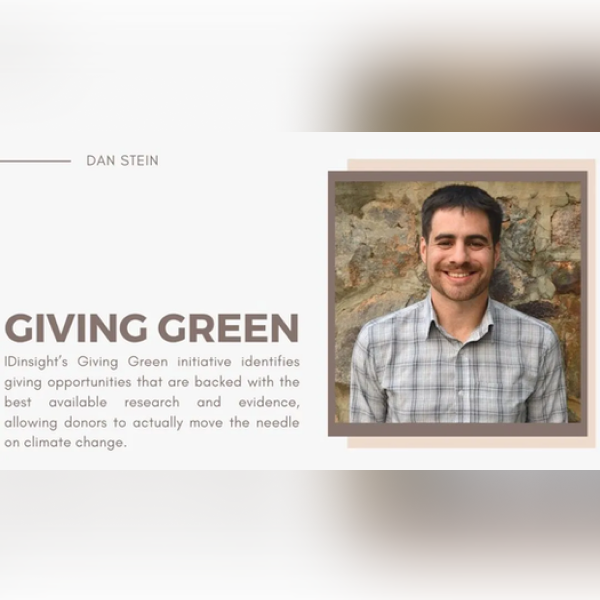




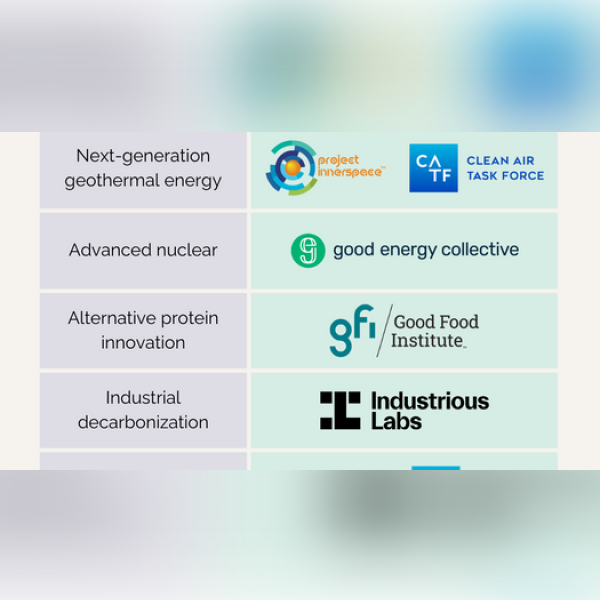






.png)








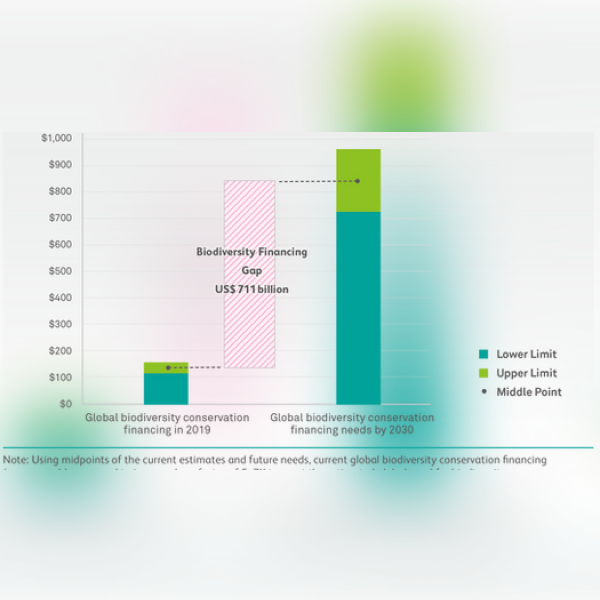
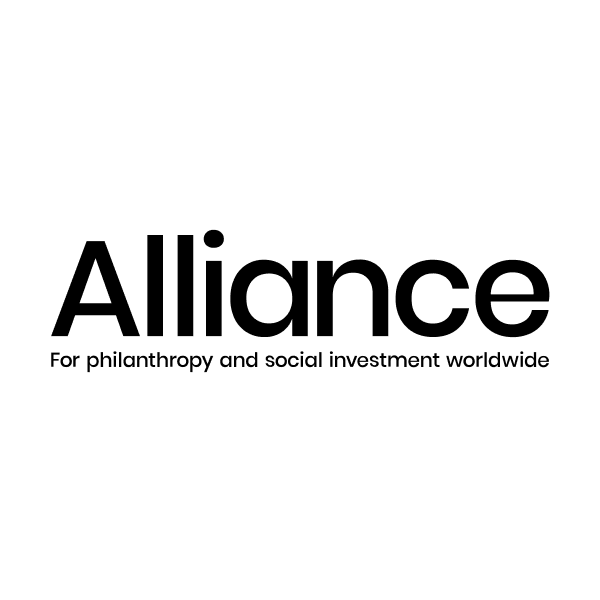


.png)


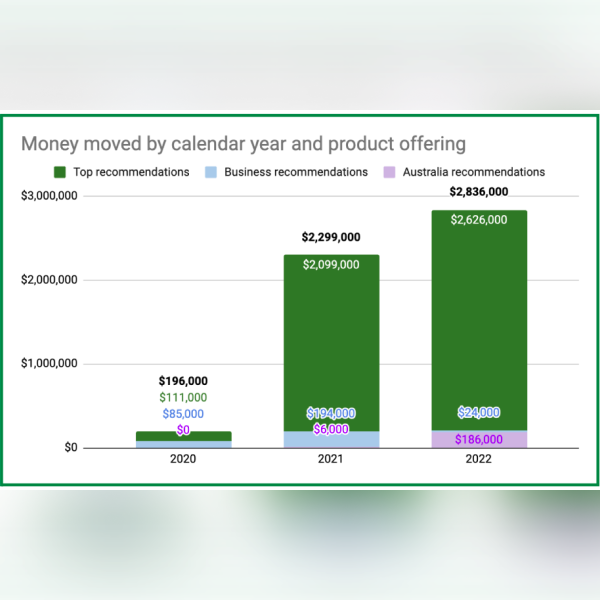
.png)

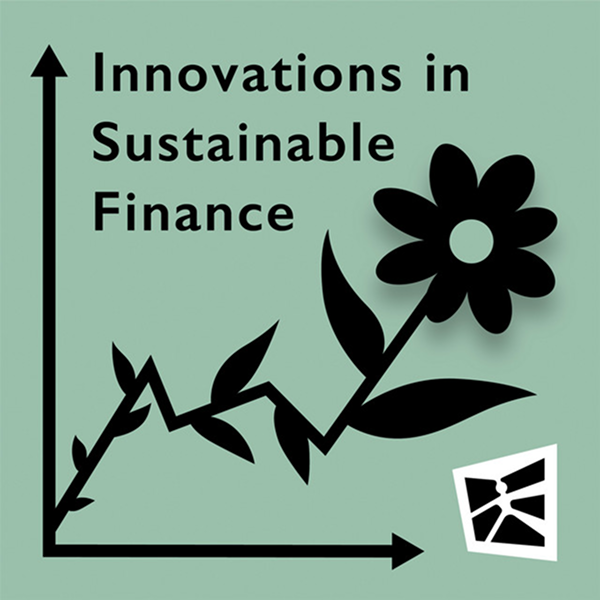

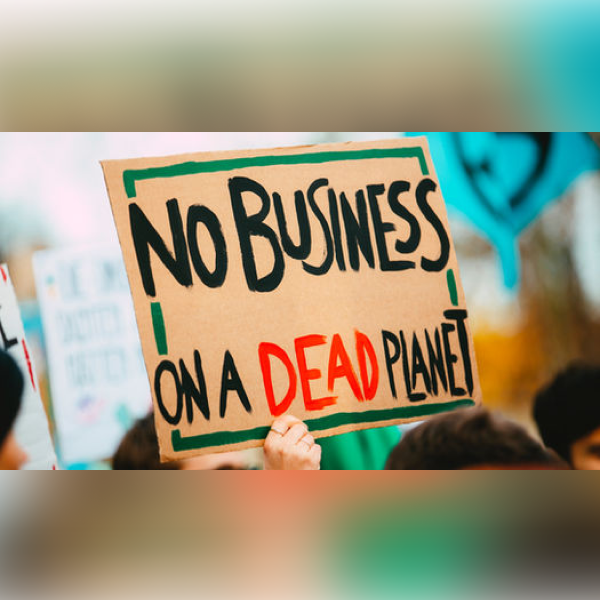







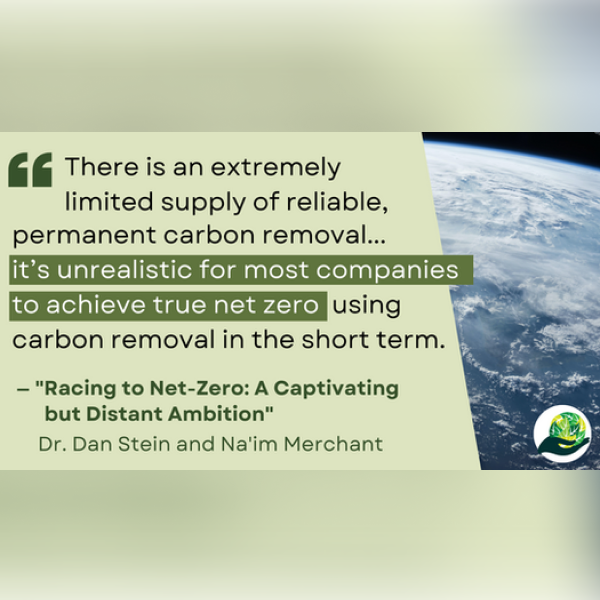

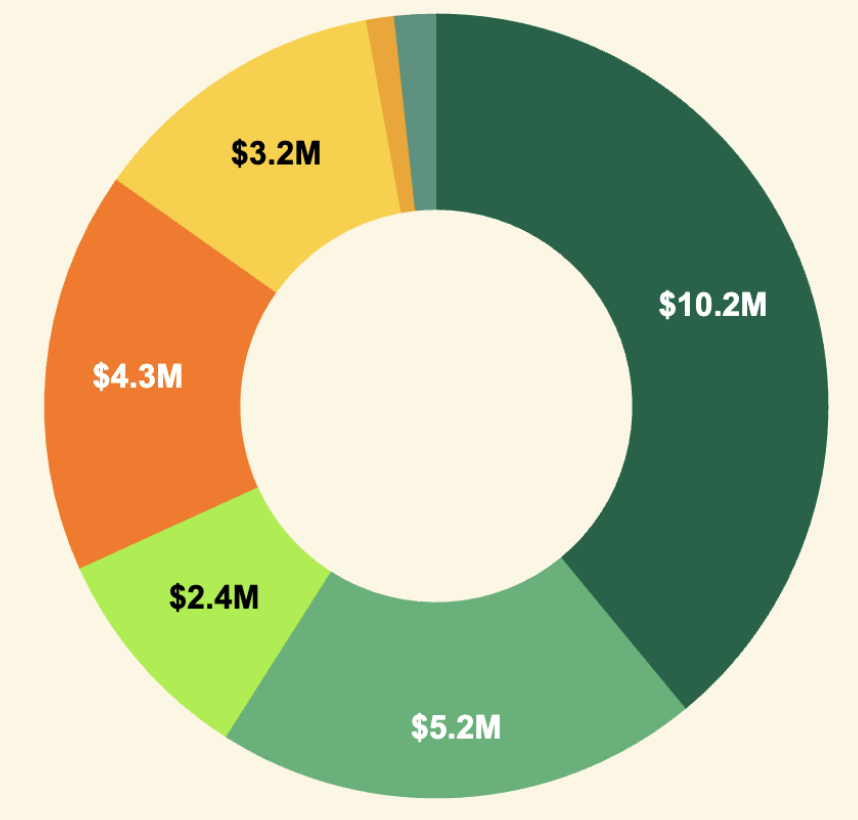








.png)



.png)
.png)

.png)

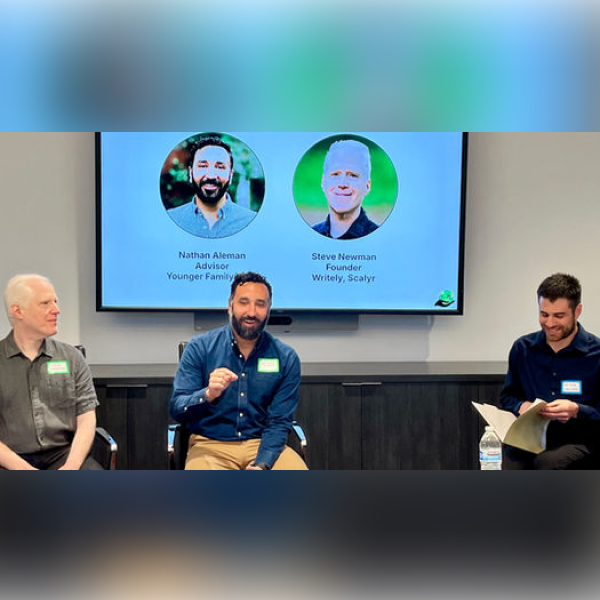
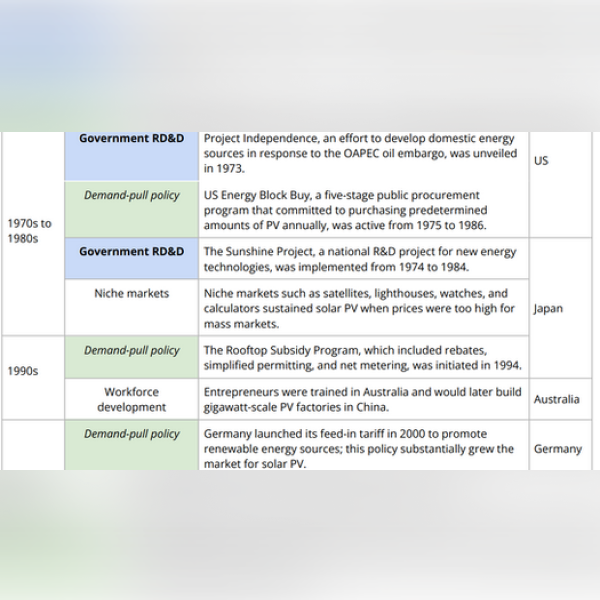





.png)




